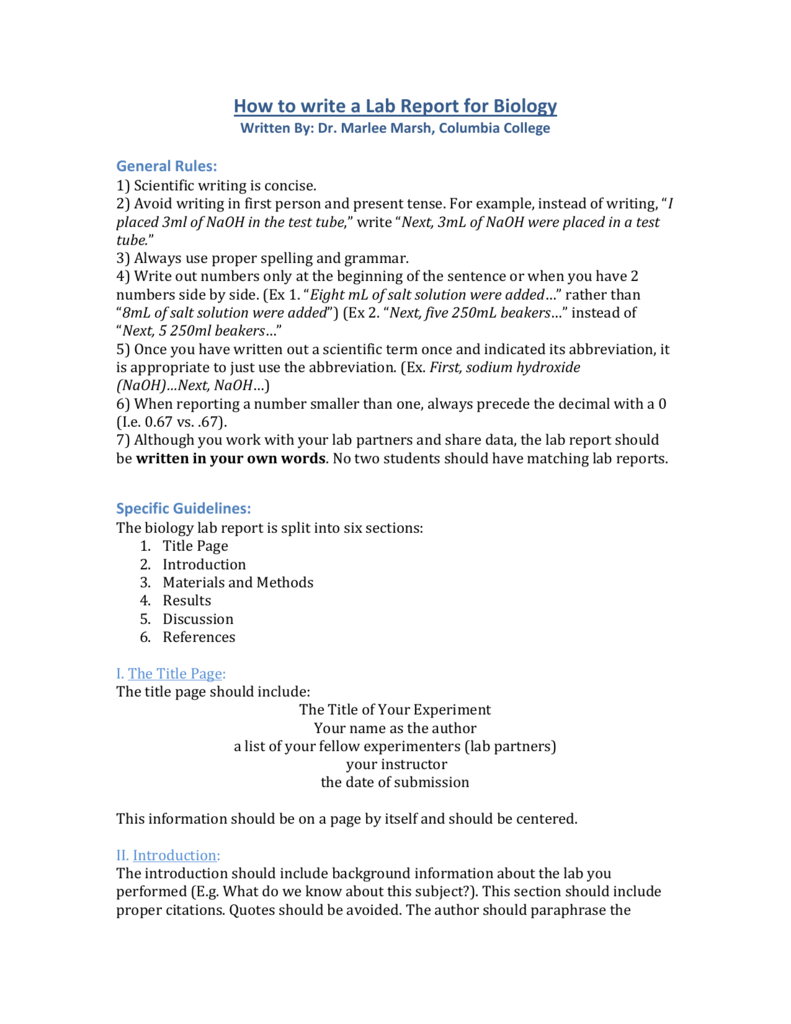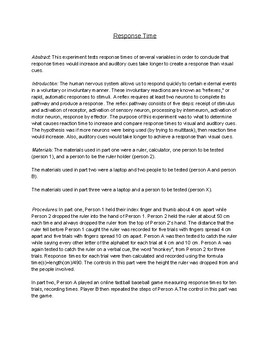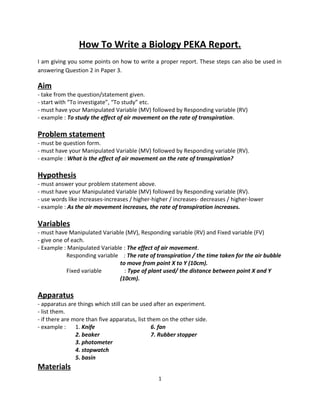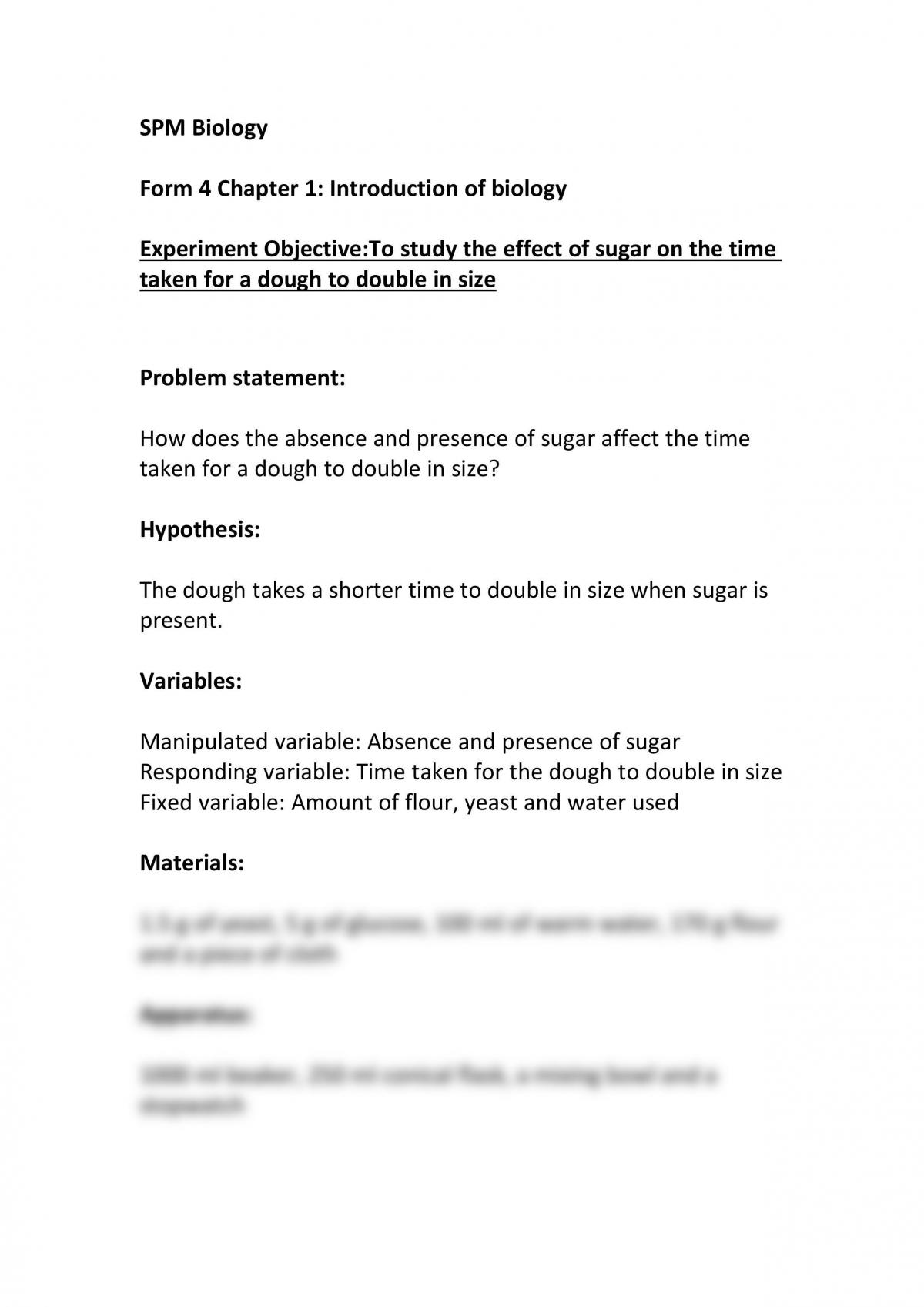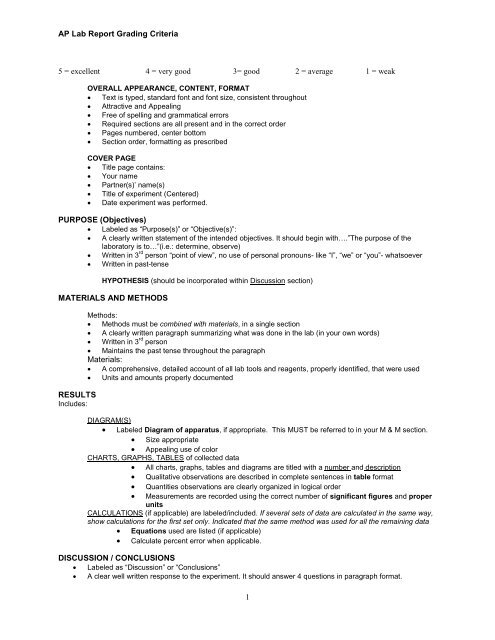A biology experiment report is a document that summarizes the results and findings of a biology experiment. It is an important tool for scientists and researchers to communicate their work to the scientific community and to the general public.
The structure of a biology experiment report typically includes an introduction, materials and methods, results, discussion, conclusion, and references.
In the introduction, the purpose of the experiment and the research question being addressed are outlined. This section also provides the context for the experiment, including any relevant background information and previous research on the topic.
The materials and methods section describes the procedures used in the experiment, including the equipment and materials needed, and the steps taken to carry out the experiment. It is important to be as detailed and specific as possible in this section, so that other researchers can replicate the experiment if needed.
The results section presents the data collected during the experiment, including any graphs, tables, or other visual representations of the data. It is important to accurately and objectively present the data, without any interpretation or analysis.
The discussion section is where the results of the experiment are interpreted and analyzed. This is where the researcher discusses the implications of the results and how they contribute to the broader understanding of the topic. The discussion should also include any limitations or potential sources of error in the experiment.
The conclusion is a brief summary of the main findings and their significance. It should also suggest any further research that may be needed to further explore the topic.
Finally, the references section lists any sources that were cited in the experiment report, including any relevant research articles or other materials.
Overall, a biology experiment report is a critical component of the scientific process, as it allows researchers to share their findings with the broader scientific community and contribute to the advancement of knowledge in the field.

